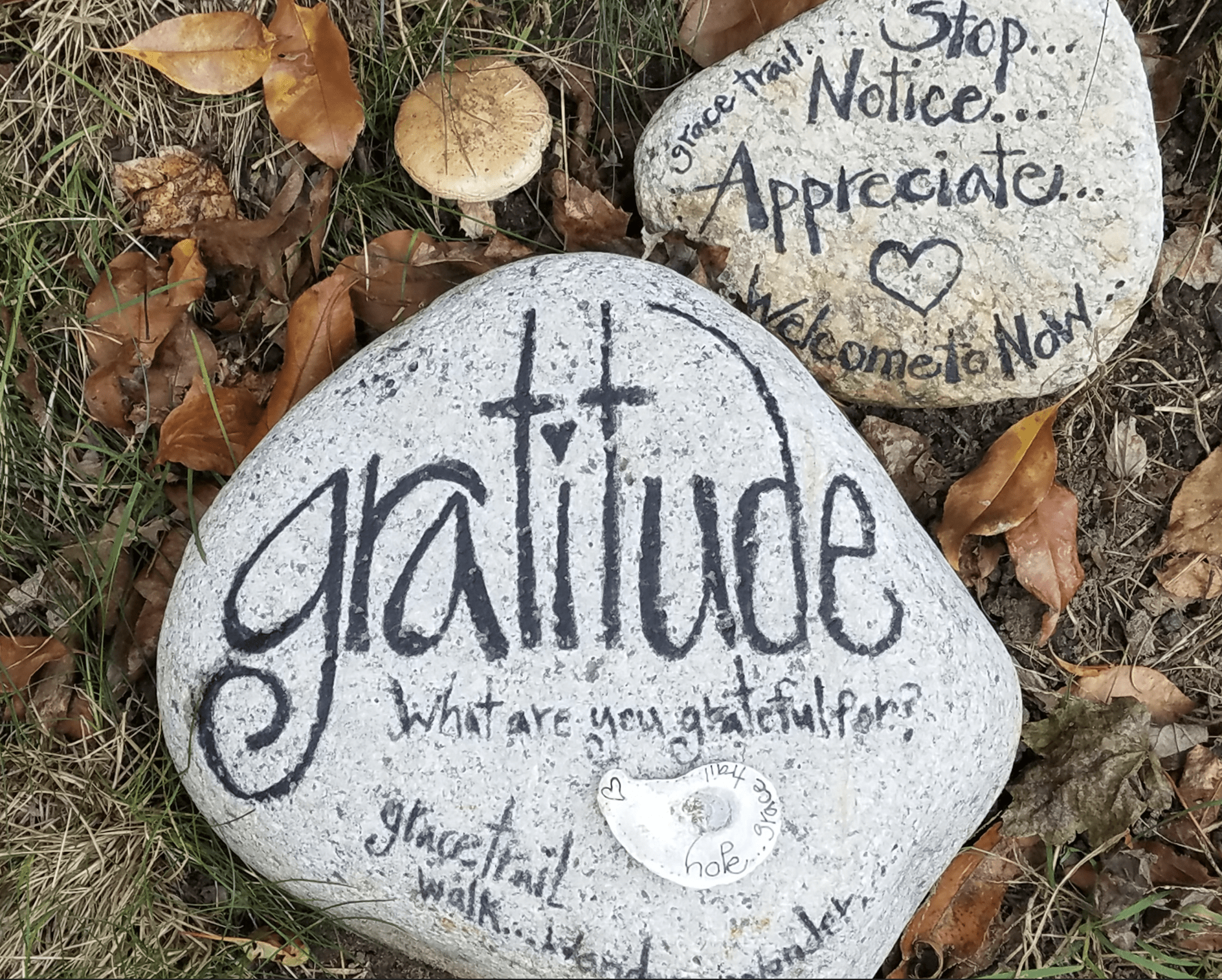
In recent times, we’ve experienced an overwhelming influx of intense dialogue and opinions, particularly from the national stage. This constant stream of discourse has, for many, led to increased anxiety and a noticeable tension in everyday interactions. People are increasingly choosing to avoid engaging in discussions that might lead to conflict or discomfort.
While valuing free speech is paramount, there comes a time when we need to shift our focus. It’s possible to hold and express different viewpoints while maintaining a respectful attitude. We don’t need to shy away from family gatherings or community events for fear of potentially contentious conversations.
Instead of succumbing to fear or choosing to assert our opinions in ways that might disrupt harmony, we propose a different approach – practicing gratitude. As we move towards spring, with festive occasions like St. Patrick’s Day and the International Day of Happiness on March 20, 2024, it’s an opportune moment to redirect our focus.
Gratitude, as defined, is about being thankful and showing appreciation and kindness. This concept, though simple in theory, requires daily practice and mindfulness. Reflecting back, as children, we embodied gratitude naturally. Every small joy, whether it was playing with a new toy, spending time with family, or enjoying nature, was met with awe and appreciation. This inherent gratitude seems to diminish as we grow into adults, caught up in the pursuit of personal and professional goals, often overlooking the value of what we already have.
The essence of gratitude is deeply rooted in various cultures and religions, from Australian Aborigines to Native American tribes. This widespread acknowledgment across diverse communities, even without interconnected communication, underscores its universal significance. Gratitude has been a cornerstone in the development and prosperity of societies, preceding even the establishment of formal laws.
Observe any religious or community gathering, and you’ll notice expressions of gratitude. These messages, often overlooked, are vital to integrate into our daily lives. Despite the unique nature of current events and elections, it’s essential to maintain perspective, reducing the intensity of our rhetoric. Transforming intolerance into gratitude enables us to appreciate the remarkable community and country we are part of.
We encourage you to embody the definition of gratitude every day: be thankful, show appreciation, and return kindness. The practice of gratitude can have a transformative effect. The more gratitude you express, the more you will experience it. Imagine the impact on our community if more of us adopted this approach – simpler interactions at the supermarket, fewer impatient car horns, and less judgment based on superficial differences. This shift could significantly reduce collective anxiety and improve our communal experience.
Ralph Waldo Emerson beautifully encapsulated this sentiment: “Cultivate the habit of being grateful for every good thing that comes to you, and to give thanks continuously. And because all things have contributed to your advancement, you should include all things in your gratitude.” By embracing this philosophy, we not only enhance our own lives but also contribute positively to the world around us. Let’s make a conscious effort to live in gratitude, appreciating every moment and every experience.


